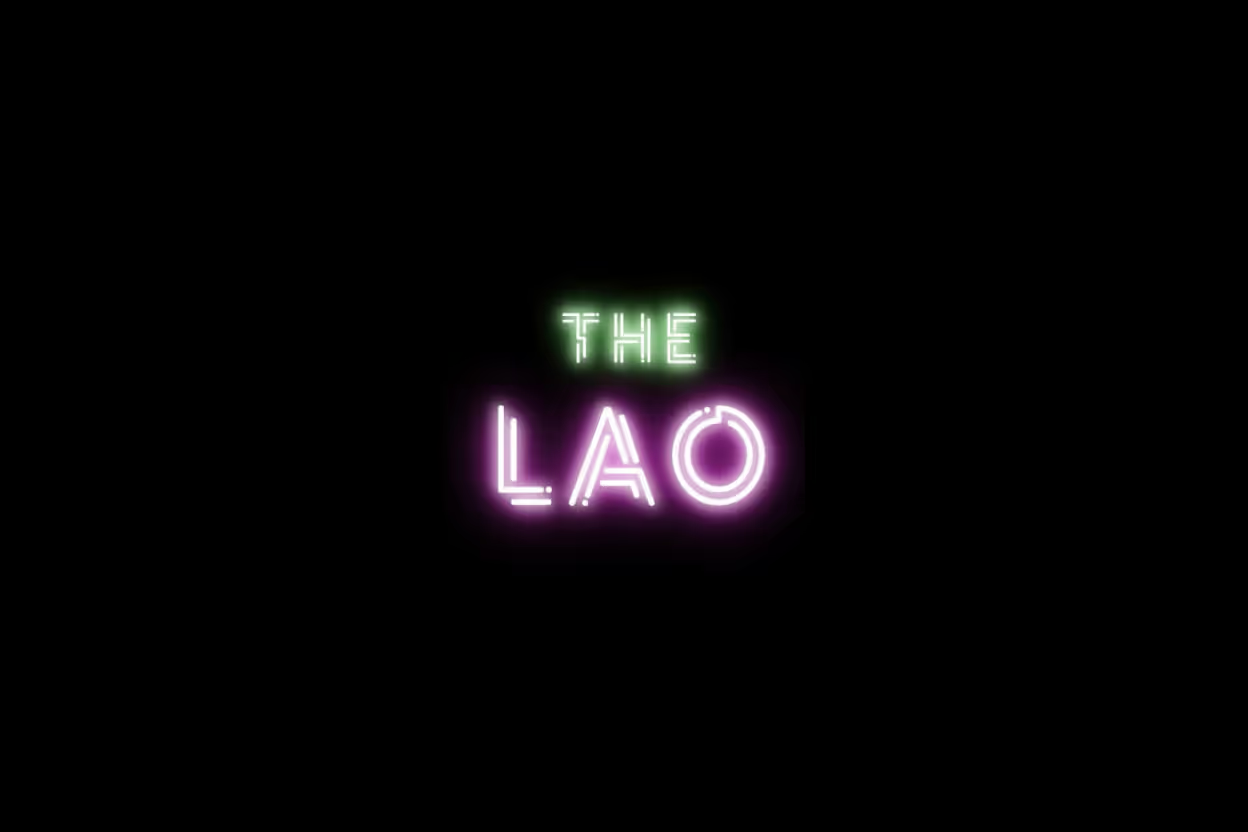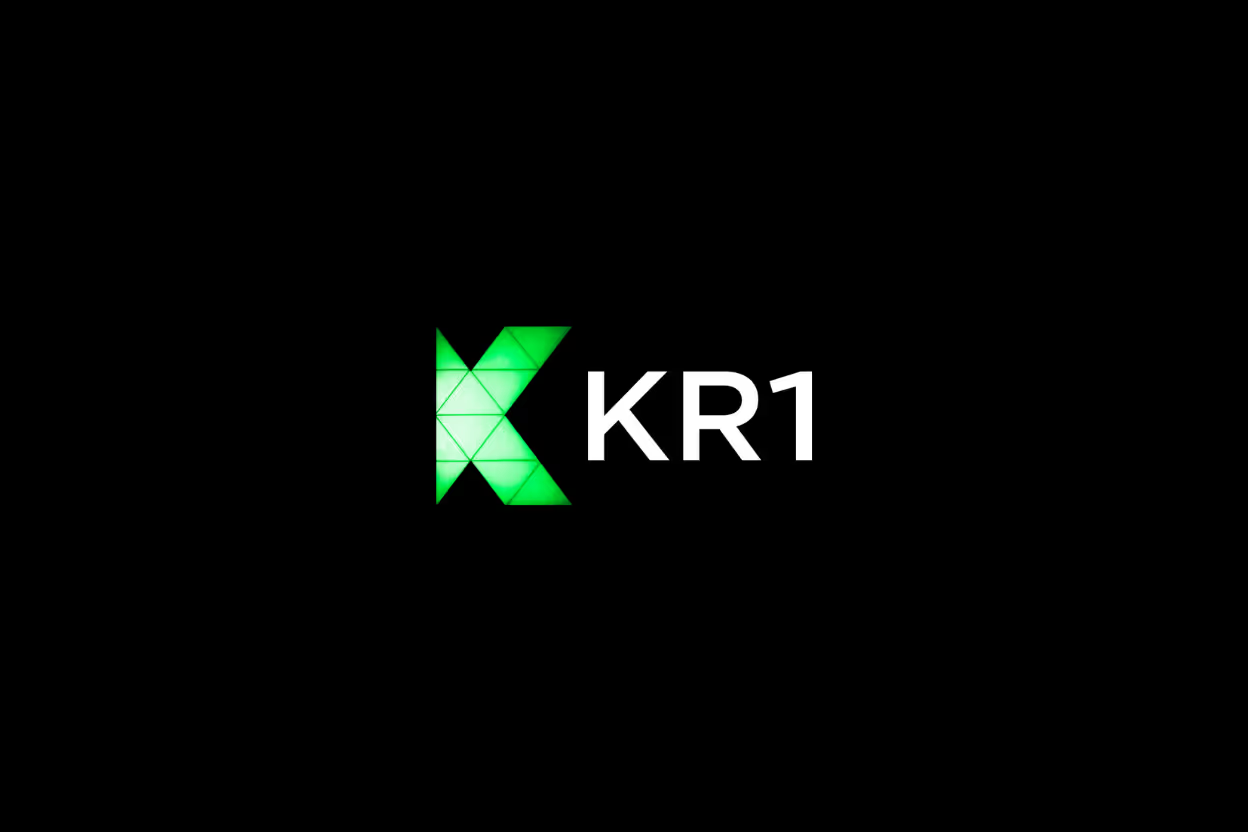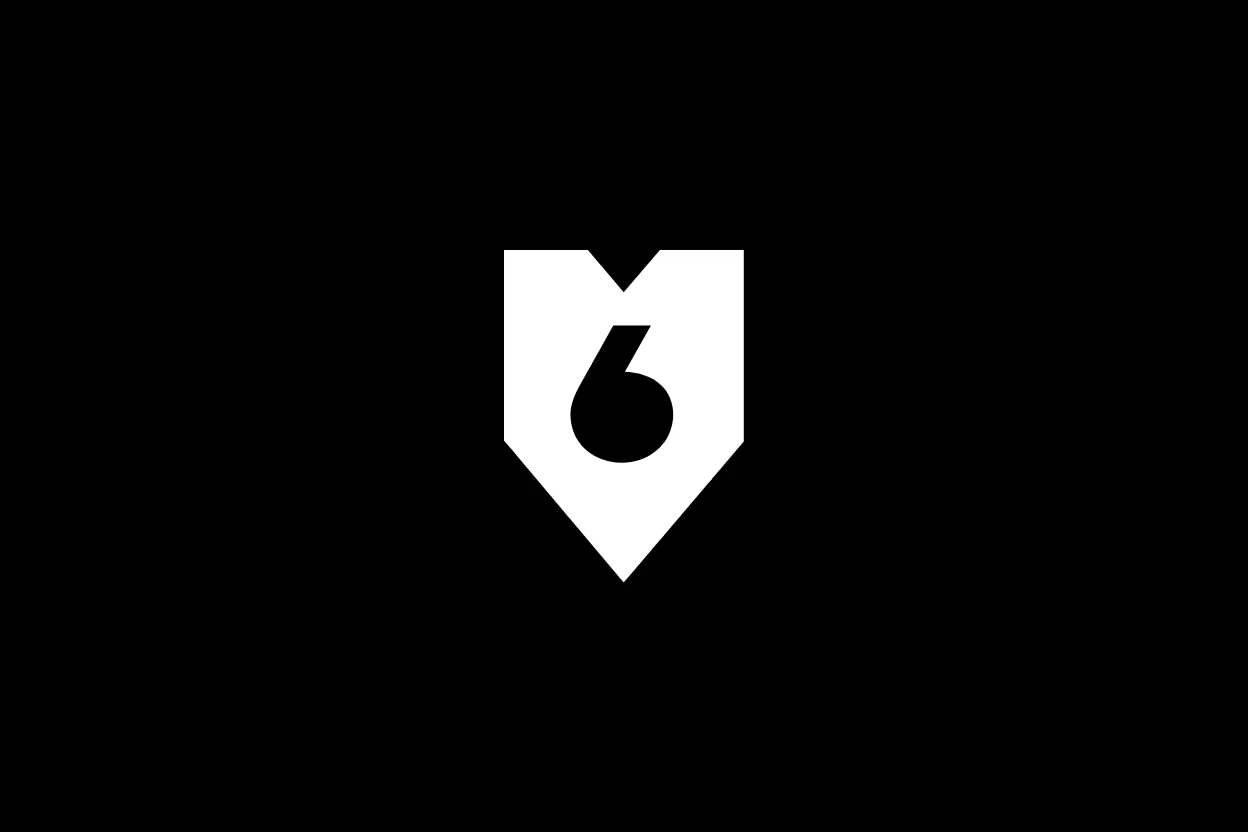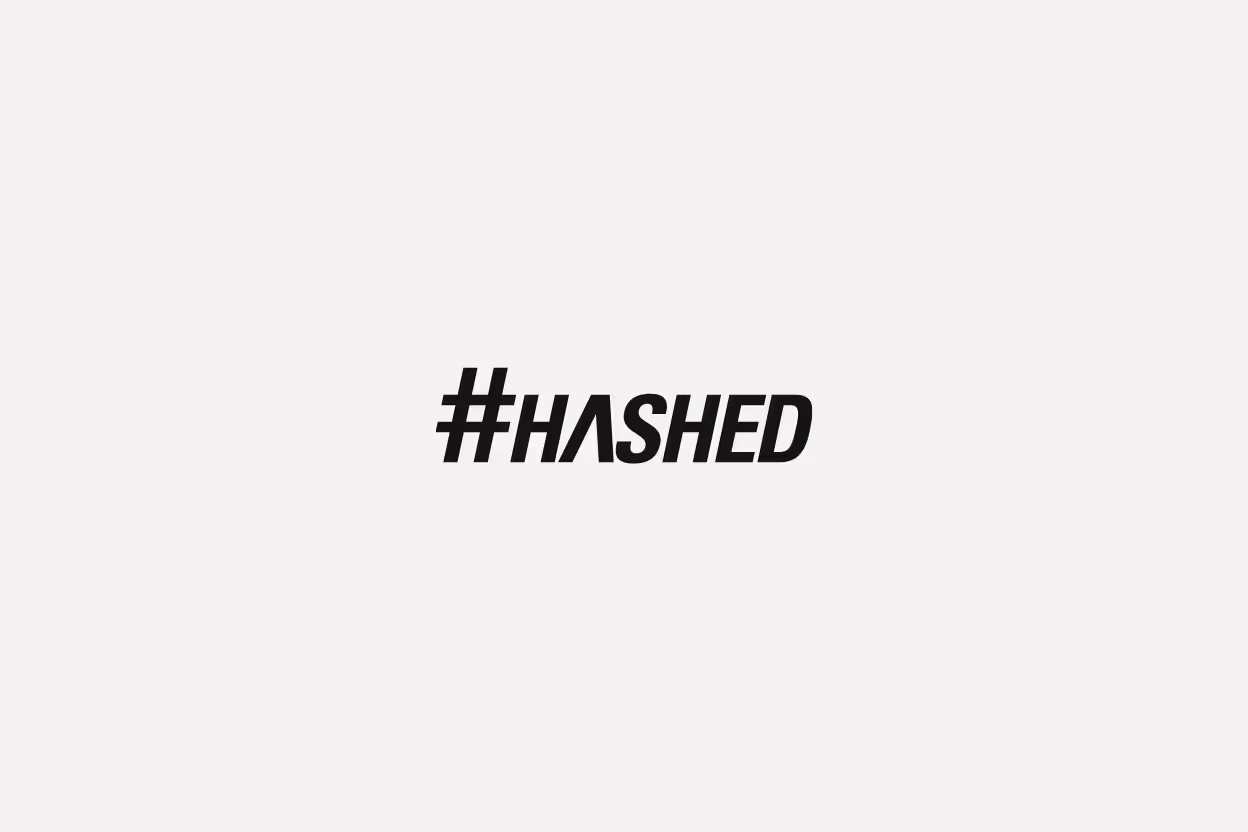Decentralized Autonomous Organizations (DAOs) often start as playful experiments or jokes within crypto communities. At first glance, they might seem like casual social clubs or lighthearted projects with no serious intent. However, some of these DAOs quickly transform from mere curiosities into influential entities that shape decisions and control real assets.
For crypto founders, VCs, and blockchain innovators, understanding this shift is crucial. It raises important questions about governance, trust, and how power can emerge unexpectedly in decentralized networks. Recognizing when a joke DAO is gaining real traction helps stakeholders navigate risks and opportunities in the evolving crypto space.
The Rise of Joke DAOs and Their Surprising Influence
At first, joke DAOs might seem like mere online pranks or informal social clubs within the crypto community. However, their unexpected rise has shown how even an idea born out of humor can gain real traction and influence. This section breaks down what makes a DAO a joke DAO, highlights some surprising examples, and explores how they transition from laughter to leadership.
What Defines a Joke DAO?
A joke DAO typically reveals itself through several key traits:
- Informal governance: Often lacking strict rules or complex systems, these DAOs operate with loose, casual structures that let the community steer decisions in a fun, spontaneous way.
- Playful aims: Their missions might start as parodies or memes rather than serious projects. Rather than solving major problems, they aim to entertain or poke fun at something in the crypto space.
- Spontaneous community formation: These DAOs usually arise from informal groups who share an inside joke or cultural reference. Members join because they enjoy the humor and social interaction, not because they expect financial returns or innovation.
This mix of lighthearted governance and community makes joke DAOs different from traditional DAOs built with clear business goals. But the question is, can something so casual really gain importance?
Examples of Joke DAOs That Gained Traction
Several joke DAOs started purely as fun experiments but quickly attracted serious attention. Consider these examples:
- The FlamingoDAO: Originally a group of NFT collectors who joked about buying rare digital art. They evolved into a well-funded community influencing the NFT market.
- Bored Ape Yacht Club DAO: What began as a playful collection of bored apes turned into a cultural phenomenon with real-world partnerships and events.
- Dank Meme DAO: Started as a meme-sharing community, it unexpectedly launched projects and supported meme culture with actual funding and governance.
These DAOs began as inside jokes but moved beyond their origins by building engaged communities and leveraging their cultural cachet.
How Did These DAOs Gain Real Influence?
It's fascinating how joke DAOs transition from mere jokes into entities with weight in the crypto world. Key factors behind this shift include:
- Community Engagement: Strong participation and enthusiasm keep the DAO active. When members feel personally connected, they contribute more time and resources.
- Cultural Relevance: Tapping into trends or popular internet culture helps these DAOs spread quickly and resonate with a broad audience.
- Market Timing: The right idea at the right moment can catch attention. Many joke DAOs appeared during rallies or hype cycles when people were open to new social experiments.
- Accessible Governance: Low barriers to entry encourage rapid growth, inviting anyone interested to join and contribute.
- Optional Seriousness: The playful image lowers pressure on members, but as seriousness grows, it attracts partners and investors who appreciate the blend of fun and function.
This unexpected mix can propel what started as a joke into something capable of influencing markets, funding projects, and even shaping decentralized governance.
By keeping a close eye on joke DAOs, crypto founders and investors can spot emerging communities and trends before others do. These groups might surprise you with how quickly they turn humor into power.
Governance Challenges and Risks in Joke DAOs
Even when DAOs start as lighthearted experiments, governance issues can quickly turn a joke into a headache. Joke DAOs often face challenges around how decisions get made and who holds influence. These challenges don’t just cause confusion — they put the DAO’s credibility and future at risk. Let’s explore the governance pitfalls common to joke DAOs and practical ways founders can prepare to avoid them.
Governance Failures and Their Consequences
When governance breaks down in a DAO, the fallout isn’t just messy — it can threaten the whole project. In joke DAOs, governance failures often stem from unclear rules or disengaged members. For example:
- Voting paralysis: Without clear processes, proposals linger unresolved, frustrating members.
- Power concentration: A few active or vocal players might dominate decisions, creating imbalances.
- Loss of trust: When decisions seem arbitrary or unfair, members lose confidence in the DAO.
These failures can stall operations or even lead to splinter groups forming. When people lose faith, funding dries up and momentum stalls. In a space where trust is everything, a governance breakdown can quickly damage a DAO’s reputation beyond repair.
Risks of Informal Governance Structures
Joke DAOs often trade formal governance for a relaxed, open vibe. While that feels fun initially, it leaves significant risks:
- Manipulation: Without checks and balances, insiders or well-connected members could steer decisions for personal gain.
- Decision chaos: Lack of clear procedures can cause conflicting decisions or allow repeated rehashing of the same issues.
- Unclear accountability: When nobody’s officially responsible, problems often go unresolved, and bad actors face no consequences.
This informal stance may work for a small, close-knit group but struggles to scale or handle real assets. It invites drama, confusion, and unpredictability — exactly what DAO governance tries to avoid.
How Can Founders Prepare for Governance Risks?
Even if a DAO begins as a joke or experiment, founders should build thoughtful governance from day one. Here’s how to get started:
- Define roles clearly: Assign specific responsibilities to core contributors to avoid decision-making dead zones.
- Set decision rules: Use voting thresholds or quorum requirements to prevent endless debates and ensure decisions carry weight.
- Establish transparency: Keep voting and discussions open so everyone can follow the process and results.
- Prepare for growth: Design governance mechanisms flexible enough to evolve as the DAO expands or faces new challenges.
- Educate the community: Help members understand governance basics and the importance of participation.
Taking governance seriously doesn’t destroy the fun or spirit of a joke DAO. Instead, it protects its future. Founders who prepare frameworks early create safer spaces that encourage both humor and real impact.
Governance might feel like a buzzkill for a joke DAO, but it’s what separates lasting groups from passing memes. The question isn’t if governance matters—but how prepared you are when your joke starts to get serious.
Legal and Regulatory Implications of Joke DAOs Becoming Serious Players
As joke DAOs grow beyond casual beginnings and start handling real assets, influence, and membership, legal and regulatory scrutiny becomes unavoidable. The line between playful social projects and formal entities blurs, prompting questions about compliance, liability, and governance under law. Understanding these aspects is key for anyone involved with a DAO that has begun to take itself seriously. This section breaks down current regulations shaping DAO activity, the legal risks that unstructured groups face, and practical steps to safeguard your DAO and its members.
Emerging Regulations Affecting DAOs
Regulatory authorities worldwide have started paying more attention to DAOs, especially as they handle funds, issue tokens, or influence financial markets. Though clear, uniform rules remain scarce, some trends have emerged:
- Securities Law Scrutiny: Many governments consider DAO tokens as potential securities. This means certain DAOs must comply with registration, disclosure, and investor protection rules under securities laws.
- Anti-Money Laundering (AML) and Know Your Customer (KYC): When DAOs facilitate financial transactions, regulators expect them to implement AML/KYC checks to prevent illicit activity.
- Tax Obligations: As DAOs grow in asset value and revenue generation, tax authorities treat them like traditional entities, requiring regular reporting and tax payments.
- Corporate Law and Legal Personhood: Some jurisdictions recognize DAOs or require them to register as legal entities, giving them a structure for liability, contracts, and courts to interact with.
- Consumer Protection Laws: DAOs offering products or services may be subject to consumer regulations covering transparency and dispute resolution.
These emerging rules force even casual DAOs to consider compliance early. Ignoring legal shifts increases risks — from fines to operational shut-downs.
Legal Risks of Unstructured DAOs
A joke DAO often starts with loose governance and unclear legal status. This informality creates challenges when the DAO’s scope expands:
- Unlimited Liability: Without formal registration or protections, members could be personally liable for the DAO’s debts, legal claims, or regulatory penalties.
- Contract Enforceability: DAOs lacking a legal entity struggle to enter contracts or defend them in court, affecting partnerships and business dealings.
- Regulatory Penalties: Failure to follow securities, tax, or AML laws can lead to fines, asset freezes, or criminal charges against key participants.
- Governance Disputes: Ambiguous decision-making structures can cause internal conflicts with no clear legal recourse, splitting the community or dissolving value.
- Intellectual Property Issues: Informal DAOs may neglect IP protection, exposing the project and members to infringement claims or asset misuse.
Ignoring structure and legal guidance can turn a joke into a costly headache. When money and assets grow, so does exposure to legal action.
Best Practices for DAO Legal Preparedness
Legal readiness is critical for DAOs stepping up from informal groups to entities with influence and funds. Consider these protective steps:
- Establish a Legal Entity: Register as a recognized organization such as an LLC or foundation. This limits personal liabilities and improves contract enforceability.
- Set Clear Governance and Roles: Document voting procedures, member responsibilities, and dispute resolution methods. This clarity helps both members and courts understand operating rules.
- Implement Compliance Protocols: Stay updated with applicable securities, tax, and AML laws. Incorporate KYC checks and financial reporting when needed.
- Engage Legal Experts: Work with lawyers who understand blockchain and DAO specifics to navigate regulation and draft smart contracts aligning with legal frameworks.
- Educate Your Community: Keep members informed about legal risks and their implications to build trust and encourage responsible participation.
- Protect Intellectual Property: Secure trademarks, copyrights, and licenses for DAO assets and content.
Taking these steps can help a formerly casual DAO build a foundation capable of handling serious operations, partnerships, and growth without falling prey to legal pitfalls.
Making a joke DAO respectable on the legal front isn’t just about compliance—it’s about building trust that lasts beyond memes and hype. Legal preparedness creates a stable environment where your DAO’s real impact can thrive safely.
Strategic Lessons for Crypto Founders, Blockchain Innovators, and VCs
As joke DAOs evolve beyond simple experiments, founders, innovators, and investors face unique challenges and opportunities. This shift requires sharp strategic insight to spot when these groups move from casual fun to serious players. It also demands a careful approach to governance and risk management, especially for venture capitalists looking to invest. Here are key lessons for those involved in crypto projects where a joke DAO might suddenly become influential.
Recognizing When a Joke DAO Becomes Serious
It’s easy to dismiss a DAO that starts as a meme or a group joke. But some show clear signs they are gaining influence and value. What should founders and investors watch for to spot those moments?
Look for these key signals:
- Growing Community Engagement: When members increase participation in voting, discussions, or project involvement, it signals rising commitment beyond casual interest.
- Asset Accumulation: A joke DAO that starts holding valuable NFTs, tokens, or real assets is moving into serious territory that demands attention.
- External Partnerships or Media Attention: Founders or outside organizations engaging with the DAO suggests it has recognized value or influence.
- Shift in Governance Practices: When informal decision-making gives way to structured proposals, votes, or leadership roles, the DAO is becoming functional.
- Financial Activity: The start of fundraising rounds, grant disbursements, or treasury management points toward institutional behavior.
These signs help distinguish a DAO that’s ready for more responsibility and scrutiny. Ignoring them risks missing early opportunities or failing to manage growing risks.
Balancing Experimentation With Robust Governance
Joke DAOs thrive on flexibility and low barriers that encourage fun and rapid participation. But as stakes rise, maintaining that experimental spirit while adding necessary governance is tough. How can founders find that balance?
- Keep Governance Lightweight but Clear: Avoid overloading the structure with complex rules. Instead, focus on clear roles and simple processes that the community understands easily.
- Prioritize Transparency: Open voting and shared records build trust without sacrificing the playful culture.
- Enable Quick Iteration: Design governance frameworks that can adapt based on feedback or changes, much like agile development cycles.
- Implement Security Measures Proportionate to Risks: As assets and decisions grow more important, security protocols such as multisig wallets and audit trails become essential.
- Encourage Inclusive Participation: Keep the door open for new members and fresh ideas even while formalizing operations.
This approach preserves the unique appeal of a joke DAO while protecting the organization from chaos and internal conflicts.
Investment Considerations for VCs
For venture capitalists, joke DAOs present a curious mix of high risk and high reward. Evaluating these entities requires a fresh lens compared to traditional startups.
Key factors VCs should examine include:
- Community Strength: Who’s behind the DAO? A passionate, engaged group with diverse skills is a positive sign.
- Governance Maturity: Even a joke DAO needs some structure. Check how decisions are made and if there are protections against takeover or exit scams.
- Transparency of Treasury: Understand how funds are managed and where money flows. Opaque treasuries are red flags.
- Market Relevance: Does the DAO have real cultural or economic influence in its niche? This matters for growth prospects.
- Regulatory Exposure: Consider the legal status and compliance risks since joke DAOs may lack proper registration or protections.
VCs that approach joke DAOs with open eyes and ask the right questions can spot under-recognized opportunities early. Yet they should proceed with caution, balancing the project’s experimental roots against its practical realities.
The evolution of joke DAOs into serious players rewrites some of the old rules in crypto investing and innovation. Founders and investors who understand this transition stand to benefit from what others might overlook.
Conclusion
Joke DAOs often start out as simple fun but can rapidly gain real influence and assets. This shift brings significant governance, legal, and strategic challenges that founders and investors cannot overlook. Preparing clear governance rules and legal frameworks is essential for stability as these groups grow beyond their playful origins.
Crypto founders and VCs should watch for signs of rising community engagement and asset accumulation to understand when a joke DAO demands serious attention. Managing that transition with thoughtful governance and compliance can preserve both innovation and trust.
As these DAOs continue to change the way decentralized groups operate, staying alert to their evolving nature will help stakeholders navigate risks and seize new opportunities. What begins as a joke can quickly become a powerful player in the crypto ecosystem.









